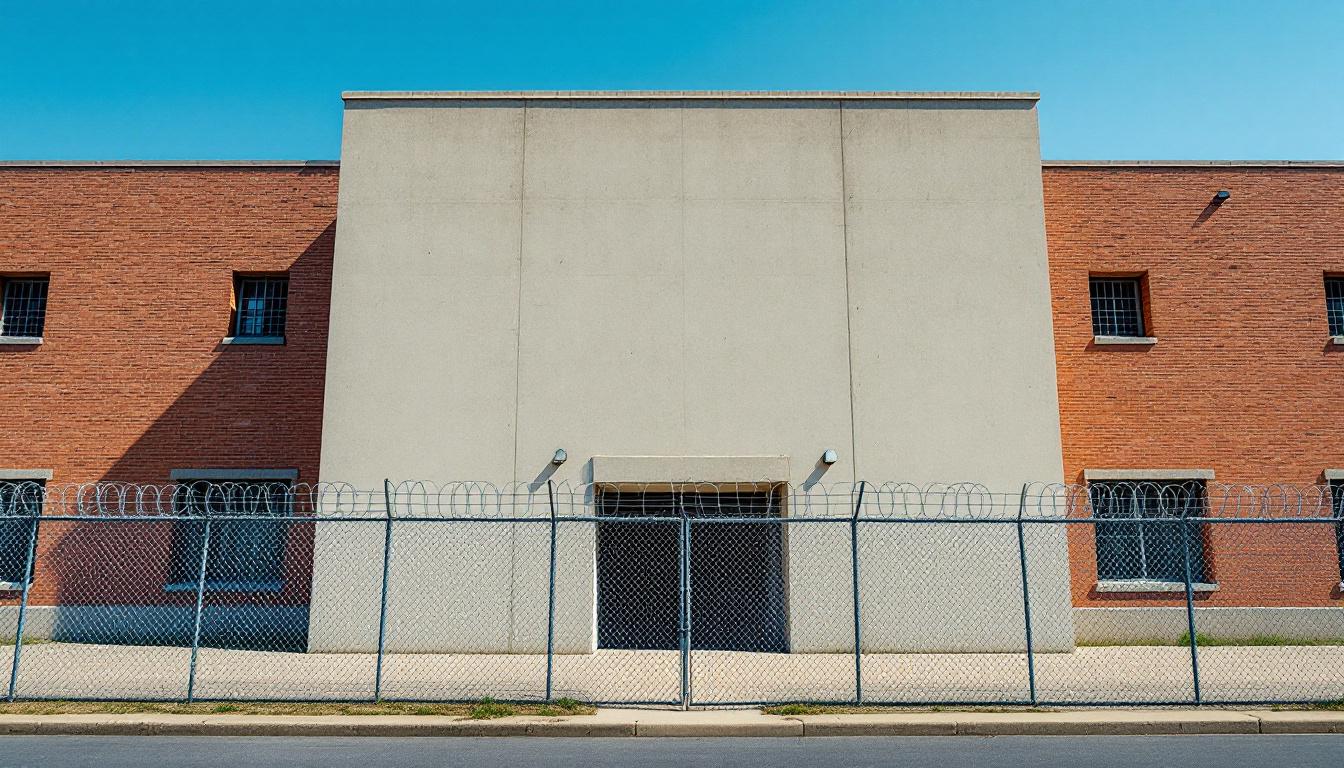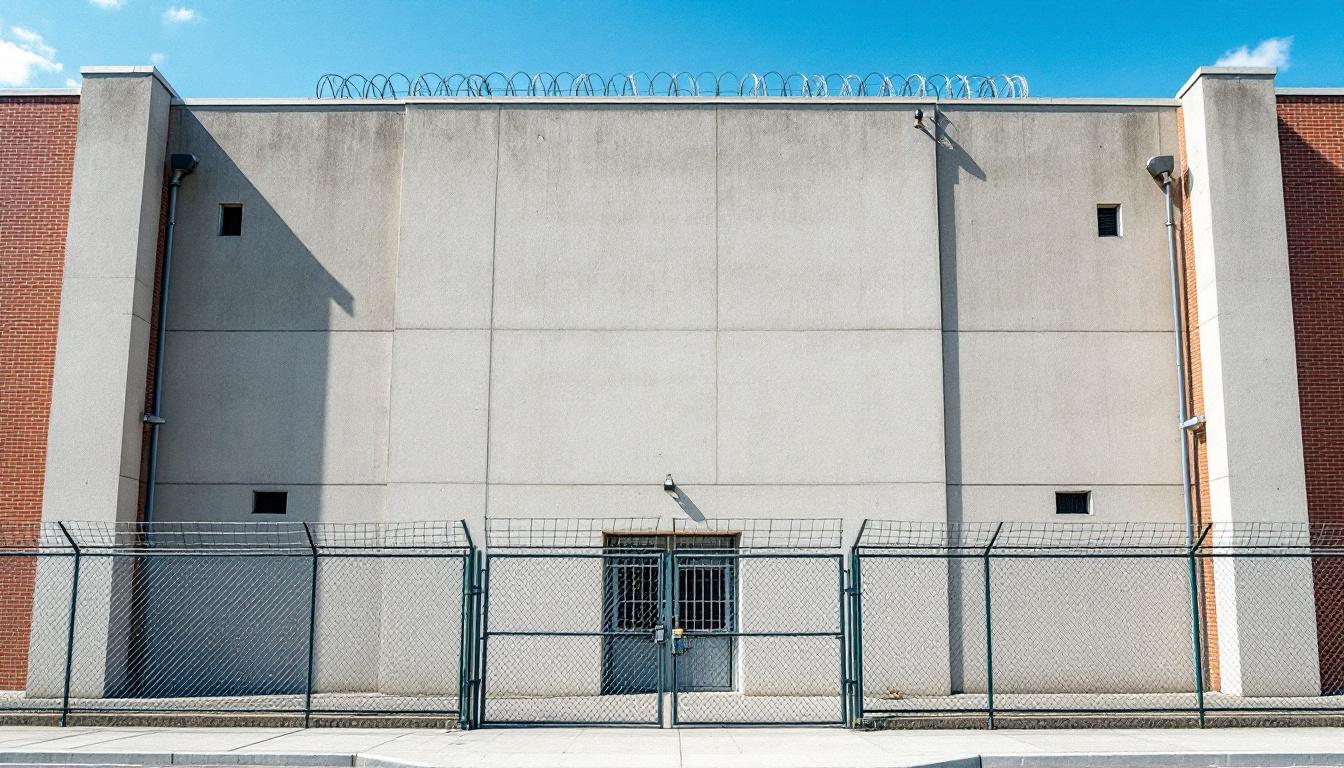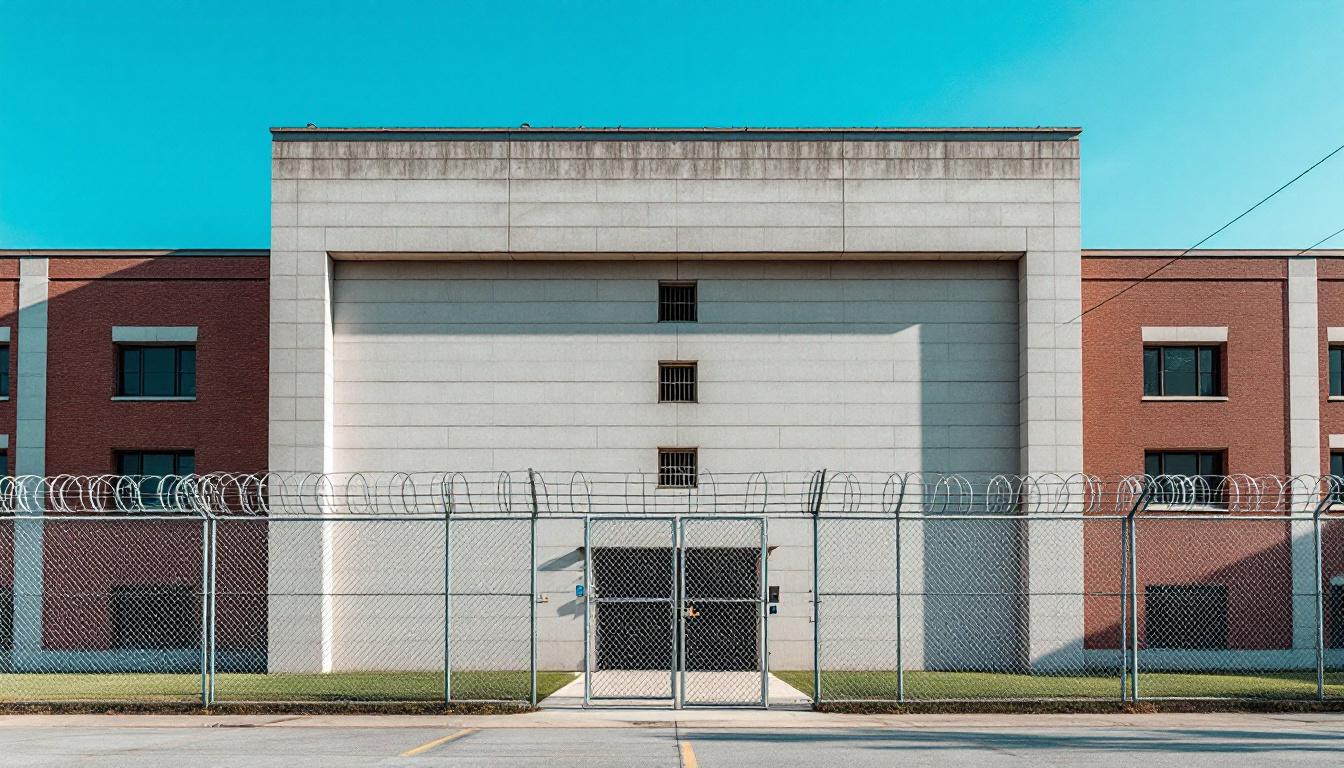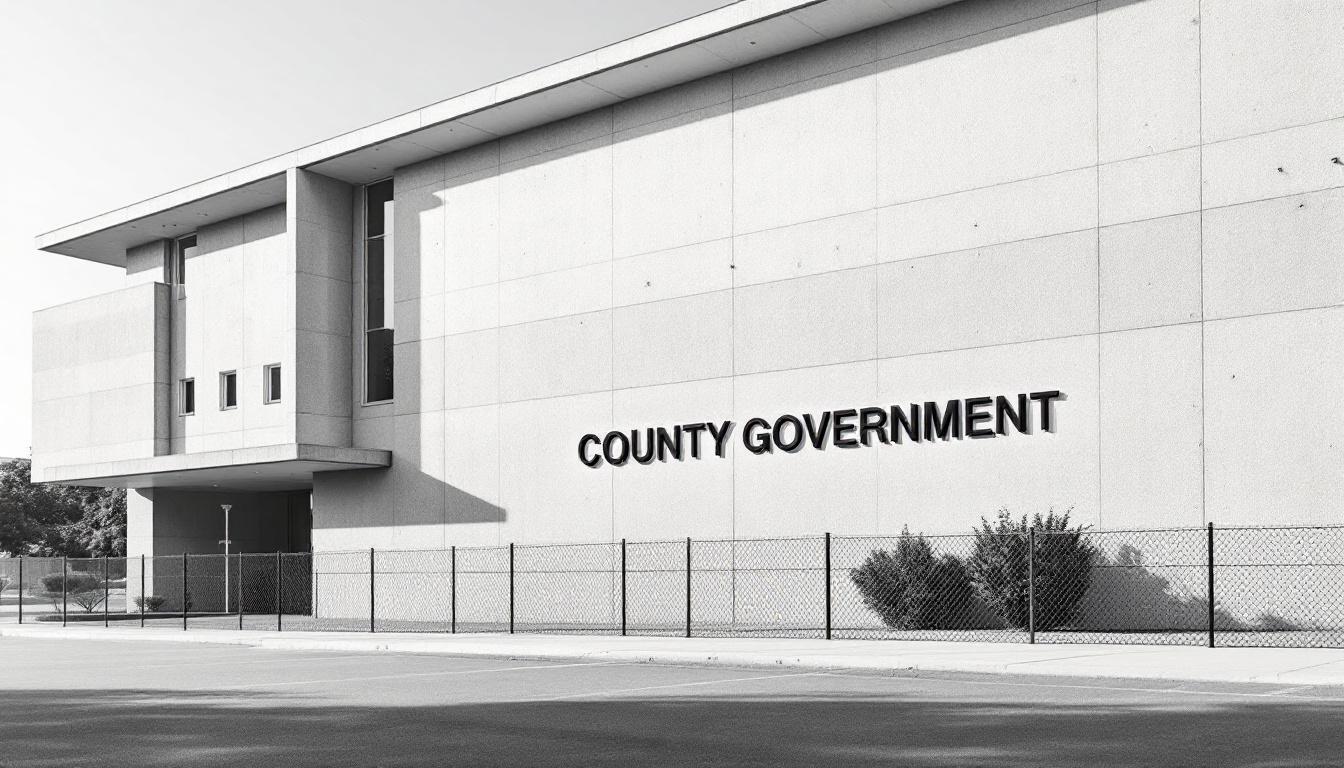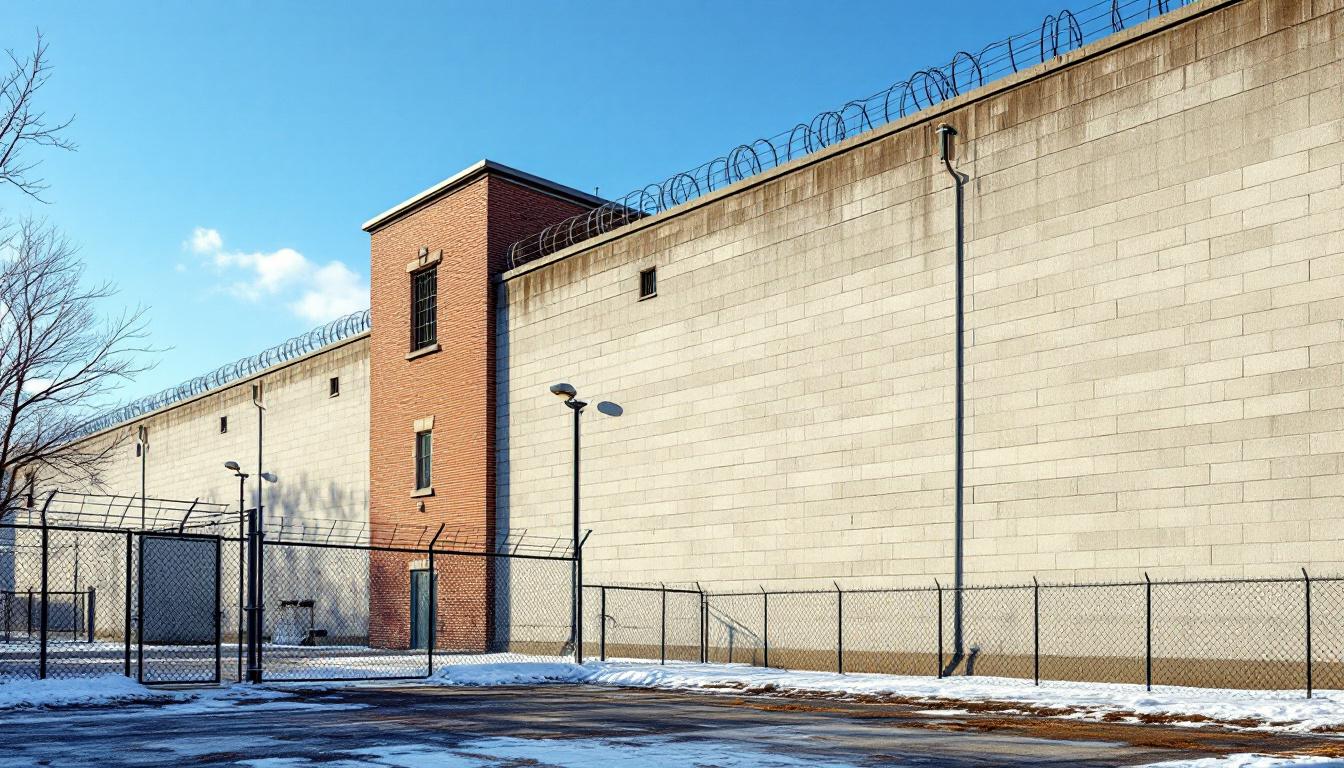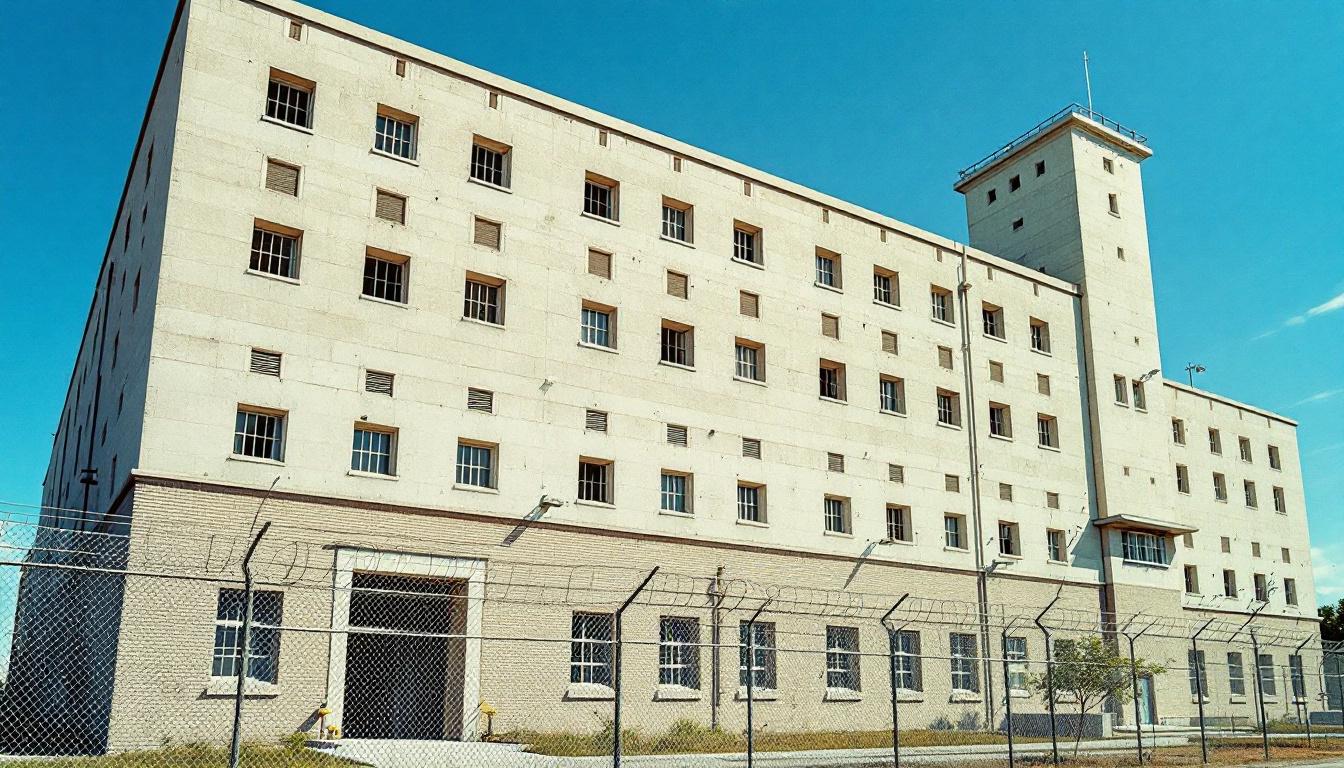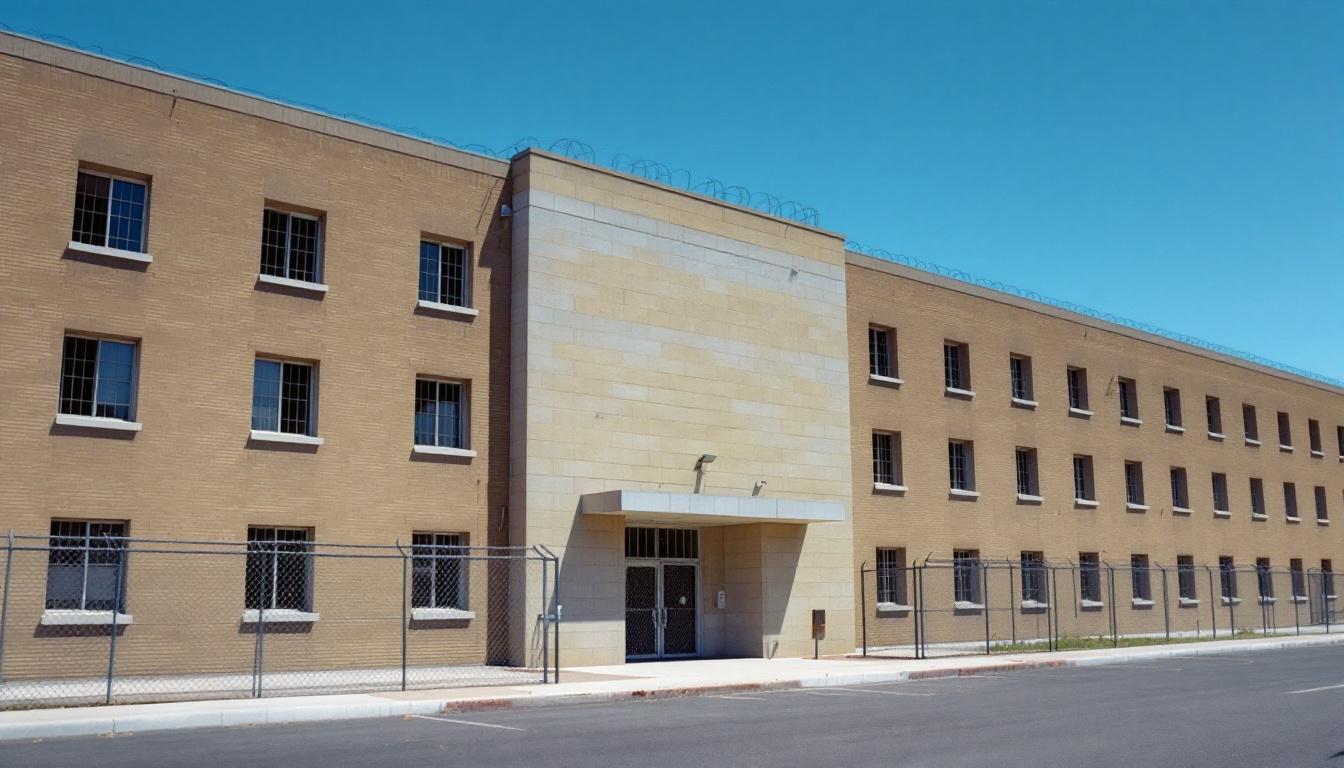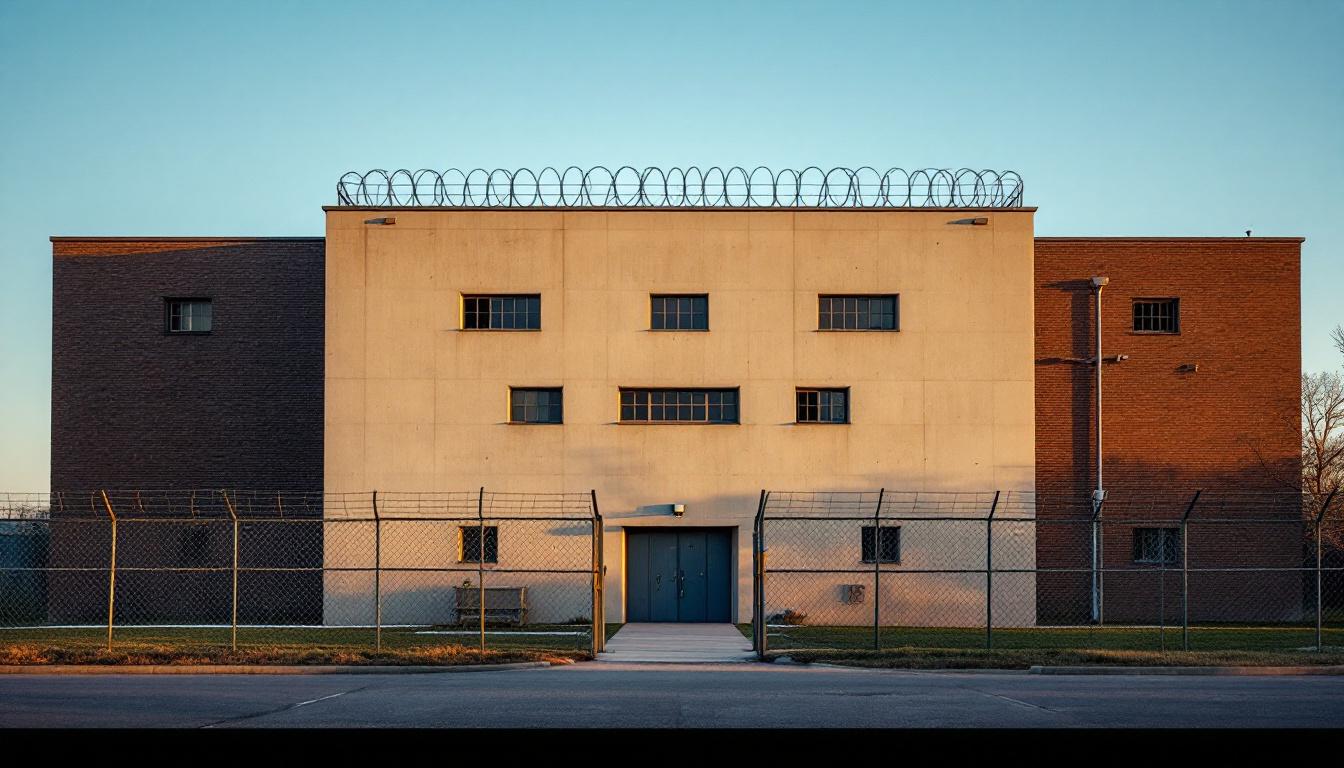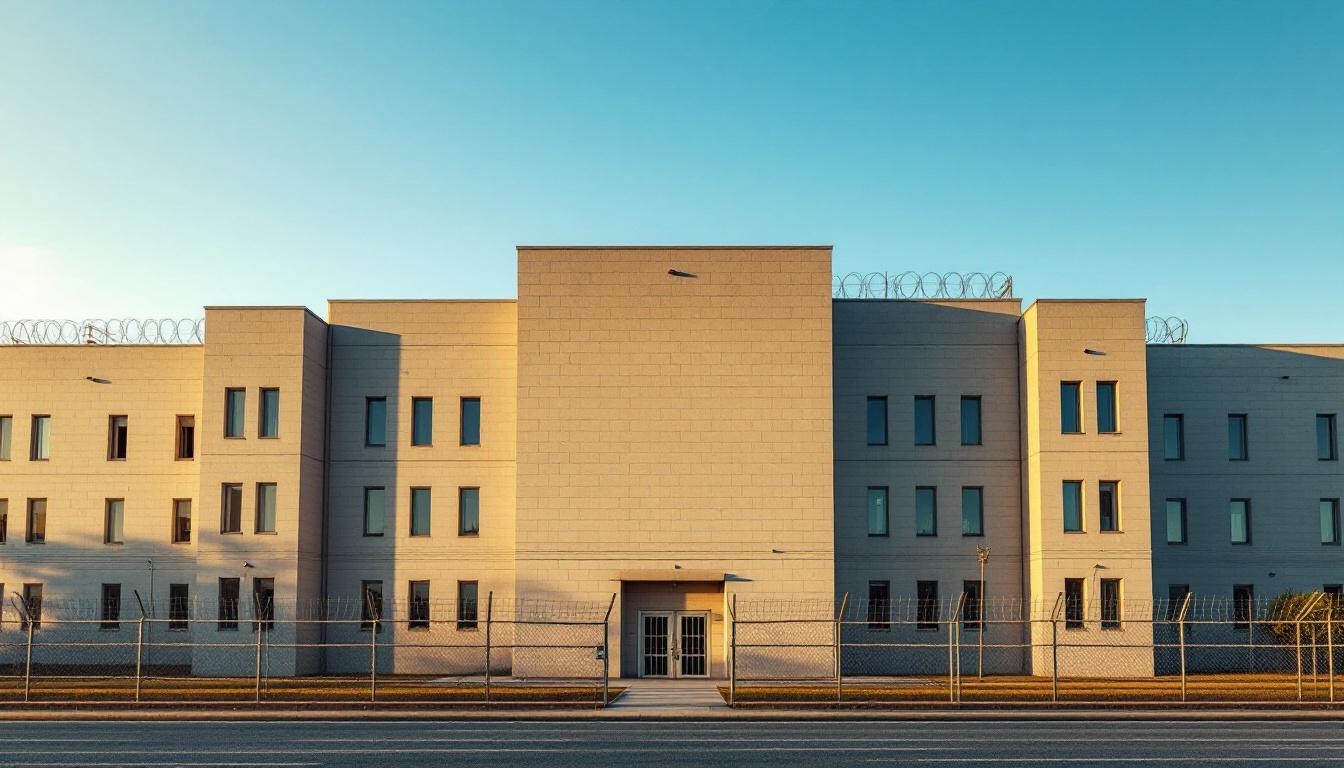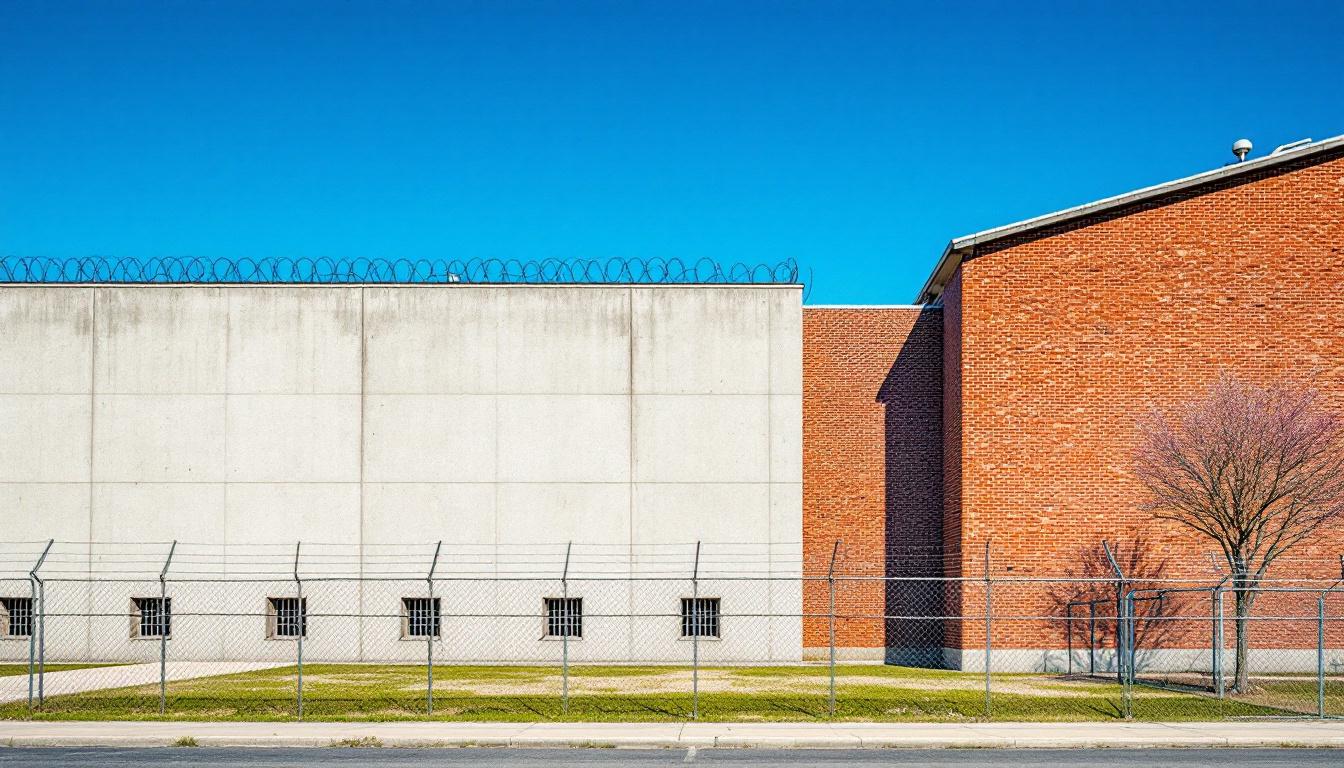
Quick Navigation
How to contact an inmate at Regional Justice Center
This comprehensive guide will walk you through how to connect with an inmate at Regional Justice Center. Follow the steps below to find an inmate and send letters and photos:
- Search for the inmate using our search tool below
- Create your account or log in to Penmate
- Write your message (up to 6,000 characters)
- Send instantly - inmates receive printed copies daily
Find an Inmate
Search for an inmate to start communicating today
Tip: You can search by first name, last name, or inmate ID number
To contact a person at Regional Justice Center start by searching for the person on the official facility website. Perform a search by following these steps:
- Step 1: Enter their first name and last name into the search form and click "Search"
- Step 2: Locate their inmate record
- Step 3: Write down their Inmate ID and any housing information provided
Important! Be sure to enter the person's full name. Nicknames should not be used.
How to Send Messages to Inmates

You can use your phone or computer to send emails, letters, and photos to an inmate. Messages are sent electronically to inmate tablets or kiosks at the facility. If you would like to send a message, start by searching for an inmate at Regional Justice Center.
Sending Photos and Postcards

A great way to send love and support to a loved one at Regional Justice Center is to send photos and postcards. It only takes a few minutes to send photos from your phone and it makes a huge difference. You can also mail postcards with words of support and inspiration, or design your own postcard for special moments like birthdays and holidays.
Important! Be sure not to send any explicit photos or they may not be approved by the facility. You can also use a photo printing app like Penmate to make sure your photos are printed at the correct size (4x6 or 3x5) and are mailed according to the rules and regulations of Regional Justice Center.
Frequently asked questions about Regional Justice Center
-
How long does it take to deliver a message?
If you're sending an email message your letter is usually delivered within 24-48 hours. For messages sent via mail you should expect delivery within 3-7 days. All messages will need be approved by Regional Justice Center.
-
How much does it cost to send a message to Regional Justice Center?
You can send a message free using your phone or mail a message via USPS for the price of a $0.60 stamp and envelope. You can also purchase credits or e-stamps from services starting at $1.99.
-
What services can I use to contact an inmate at Regional Justice Center?
Penmate
You can use Penmate to send letters and photos to an inmate from your phone. It's an easy way to stay in touch during your loved one's incarceration. Use the inmate locator to find an inmate's location and contact information, then you can send messages within a few minutes.
Securus messaging
Securus may be another option for communicating with an inmate at Regional Justice Center. You can create a friends and family account and purchase credits to send messages. All messages will be reviewed and must be approved by the facility.
JPay
Some county jails and state prisons may support sending messages with JPay. You must register an account with the system, find your loved one, and purchase stamps to send messages. For some locations you can also attach photos.
Smart Jail Mail
You may also check if Smart Jail Mail is available at Regional Justice Center. Smart Jail Mail is operated by Smart Communications and has contracted with some state and county jails. After purchasing credits, your messages and photos are sent to the facility, printed out, and then handed out to your loved one.
-
What is the mailing address of Regional Justice Center?
Mailing address:
Regional Justice Center
200 Lewis Ave
Las Vegas, NV 89101
Phone: (702) 671-4528Business hours:
- Monday: 8:00 AM – 5:00 PM
- Tuesday: 8:00 AM – 5:00 PM
- Wednesday: 8:00 AM – 5:00 PM
- Thursday: 8:00 AM – 5:00 PM
- Friday: 8:00 AM – 5:00 PM
- Saturday: Closed
- Sunday: Closed
-
What are the visiting hours at Regional Justice Center?
Visiting hours at Regional Justice Center vary by housing unit and security level. Generally, visits are scheduled on weekends and holidays, with some facilities offering weekday visits. Contact the facility directly at (702) 671-4528 or check their website for the current visiting schedule. Visits typically last 30-60 minutes and must be scheduled in advance.
-
What items are prohibited when sending mail to Regional Justice Center?
Prohibited items typically include: cash, personal checks, stamps, stickers, glitter, glue, tape, staples, paperclips, polaroid photos, musical or blank greeting cards, hardcover books, magazines with staples, and any items containing metal or electronics. Only send letters on plain white paper with blue or black ink. Photos must be printed on regular photo paper (no Polaroids). Always check with Regional Justice Center for their specific mail policies.
-
How do I send money to an inmate at Regional Justice Center?
You can send money to an inmate at Regional Justice Center through several methods: 1) Online using JPay, Access Corrections, or the facility's approved vendor, 2) Money orders mailed directly to the facility with the inmate's name and ID number, 3) Kiosks located in the facility lobby, or 4) Over the phone using a credit or debit card. Fees vary by method, typically ranging from $2.95 to $11.95 per transaction.
-
Can I schedule a video visit with an inmate at Regional Justice Center?
Many facilities now offer video visitation as an alternative to in-person visits. At Regional Justice Center, video visits may be available through services like Penmate, Securus Video Connect, GTL, or ICSolutions. Video visits typically cost $10-20 for 20-30 minutes and must be scheduled in advance. You'll need a computer or smartphone with a camera and reliable internet connection. Contact the facility for their specific video visitation policies and approved vendors.
-
What identification do I need to visit an inmate at Regional Justice Center?
All visitors must present valid government-issued photo identification such as a driver's license, state ID, passport, or military ID. Minors must be accompanied by a parent or legal guardian who can provide the minor's birth certificate. Some facilities require visitors to be on the inmate's approved visitation list, which may require a background check. Contact Regional Justice Center for specific ID requirements and visitor approval procedures.
-
How can I find out an inmate's release date?
To find an inmate's release date at Regional Justice Center, you can: 1) Use the online inmate search tool if available, 2) Call the facility's records department, 3) Contact the inmate's case manager or counselor, or 4) Have the inmate provide this information during a call or visit. For privacy reasons, some facilities only release this information to immediate family members.
Facility Overview
Official Website
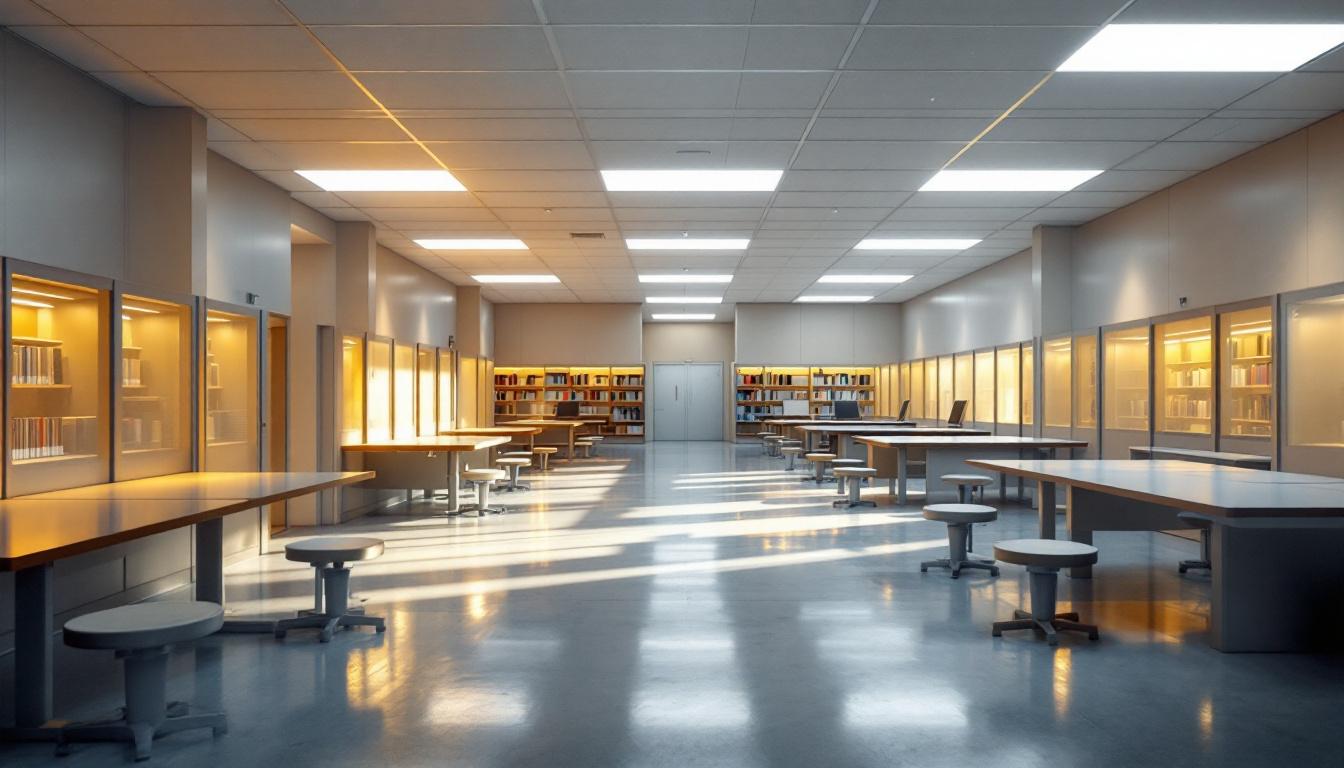
About Regional Justice Center
Comprehensive correctional services and rehabilitation programming form the operational foundation of Regional Justice Center, serving individuals within Washington State's justice system through evidence-based interventions and community reintegration support. This WA correctional facility typically provides structured environments where individuals services encompass educational opportunities, vocational training programs, and therapeutic interventions designed to address underlying factors contributing to criminal behavior.
Located in Kent, Washington, this correctional facility operates within the broader Pacific Northwest correctional framework, often coordinating with regional courts, probation services, and community organizations to facilitate successful transitions back into society. The facility's systemic role extends beyond simple incarceration, typically incorporating case management services, substance abuse programming, and mental health support that align with Washington State's rehabilitation-focused correctional philosophy. Programming may include basic education completion, job readiness training, and cognitive-behavioral interventions that prepare individuals for productive community participation.
The Kent-area facility generally maintains connections with local employment networks and social services, recognizing that successful reintegration requires comprehensive support systems extending beyond the correctional environment. Through structured daily routines, therapeutic programming, and pre-release planning services, the Regional Justice Center typically works to reduce recidivism while addressing public safety concerns within the greater Seattle metropolitan region.
Programs & Services
From basic literacy courses to advanced technical training, the breadth of developmental opportunities at Regional Justice Center reflects a comprehensive approach to individual growth and preparation for community reintegration. The facility typically recognizes that meaningful change occurs through diverse pathways, offering individuals multiple avenues to build skills, address personal challenges, and develop the foundation for successful transitions. This multi-faceted programming model often emphasizes both immediate needs and long-term goals, creating a framework where individuals can engage with services that align with their personal circumstances and aspirations.
Educational services form a cornerstone of the facility's offerings, providing individuals with opportunities to complete basic education requirements or pursue more advanced learning. These academic programs may include literacy development, GED preparation, and various educational tracks designed to strengthen foundational skills. Also available are vocational opportunities, with welding programs typically offering hands-on technical training that can translate directly into employment opportunities upon release. These skill-building initiatives often focus on trades and technical areas where individuals can develop marketable competencies while serving their sentences.
Work programs provide practical experience and structure, allowing individuals to develop employment skills and work habits that support successful reentry. Library services typically offer access to educational resources, legal materials, and recreational reading that supports both personal development and practical needs. Also integrated into the comprehensive approach are therapeutic opportunities, including group therapy sessions that may address various personal challenges and support emotional well-being. These support services often work in conjunction with other programming to create a holistic environment where individuals can address multiple aspects of personal growth and preparation for community reintegration.
Daily Life & Visitation
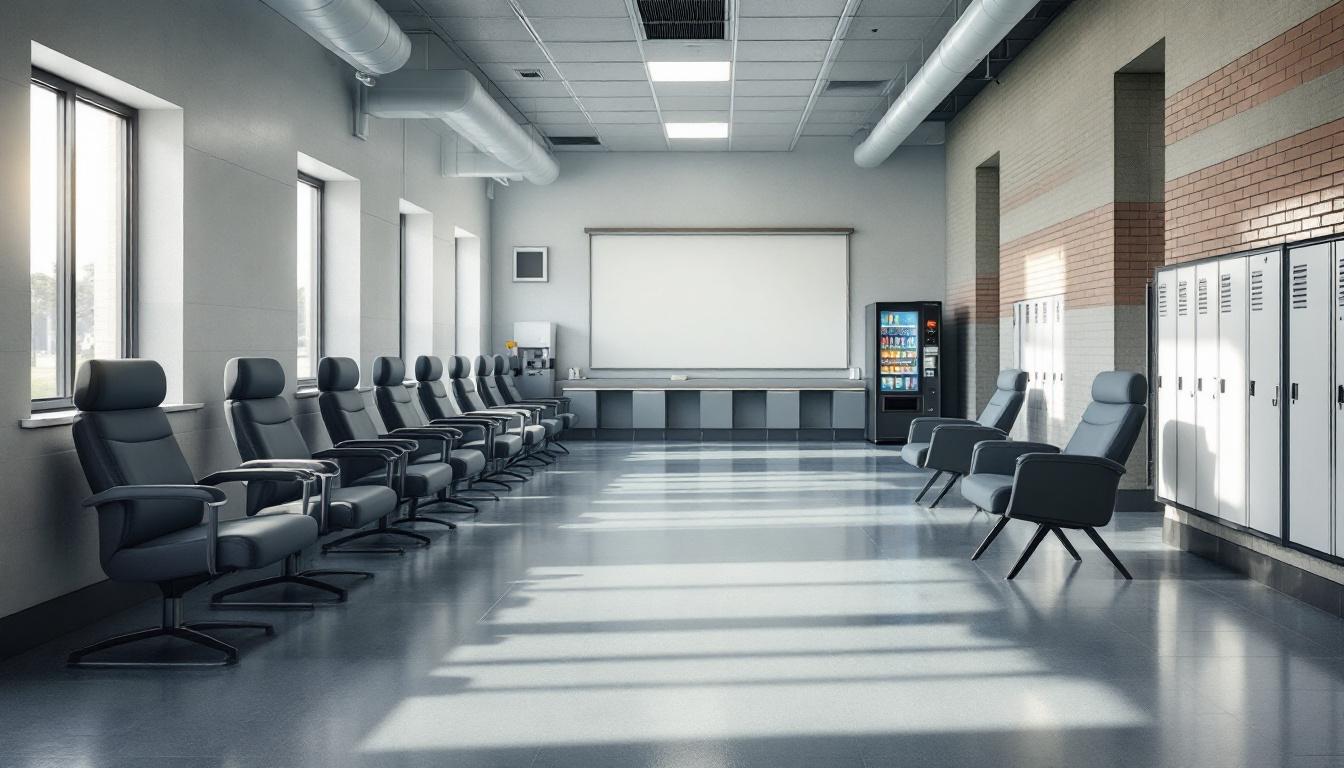
The sound of breakfast preparation typically signals the start of another structured day for individuals housed at Regional Justice Center. Today, like most days, residents follow a consistently maintained schedule that balances security requirements with opportunities for personal development and connection. Generally, the day begins early with meals served at designated times, followed by work assignments, programming, or educational activities that help maintain routine and purpose.
Living accommodations at the facility typically consist of shared housing units designed to provide basic necessities while maintaining security protocols. Individuals usually have access to personal storage space for approved belongings and may purchase additional items through the commissary system. Also, the dining arrangements generally involve scheduled meal times in common areas, where individuals receive nutritionally planned meals that often accommodate dietary restrictions and preferences when possible.
However, daily life extends beyond basic needs to include various recreational and programming opportunities that offer structure and skill development. Exercise periods and recreational activities are typically scheduled throughout the week, providing individuals with physical outlets and social interaction. Also, the facility generally maintains visitation policies that allow family members to maintain connections through scheduled visits and phone calls. Work assignments within the facility often include kitchen duties, maintenance tasks, and cleaning responsibilities that help individuals develop work skills while contributing to facility operations. These structured programming schedules typically aim to prepare individuals for successful reintegration into their communities.
Ready to Connect?
Start communicating with your loved one today
Search for an Inmate
